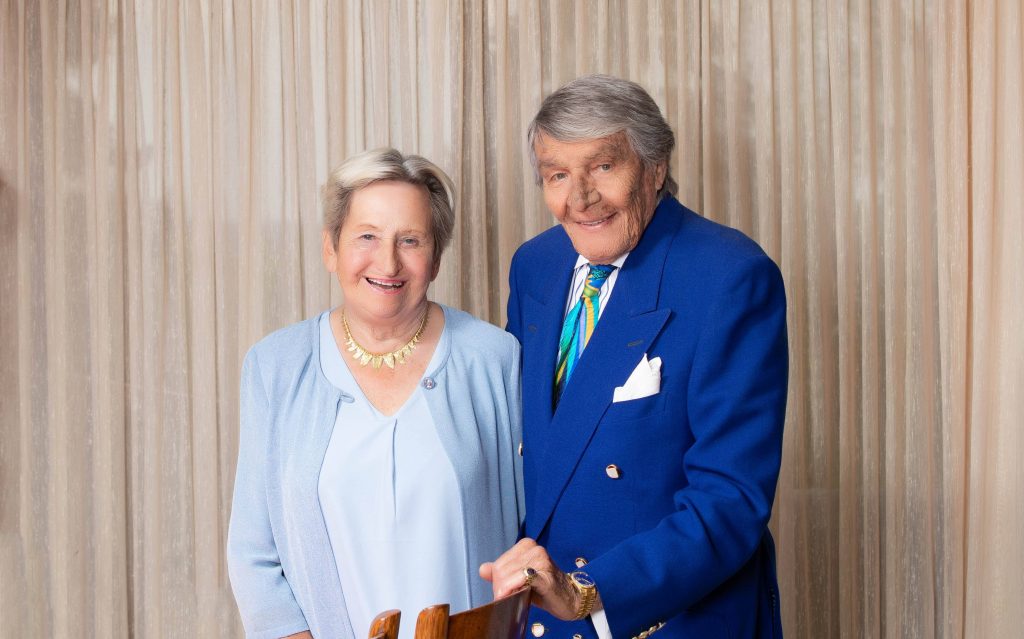BY DON MITCHELL GLOBAL NEWS
Two well-known philanthropists are set to give Hamilton health researchers a $3.3-million boost to help fund urgent research projects connected to the COVID-19 pandemic and mental health.
In a letter to the community, Charles and Margaret Juravinski say they are donating funds to free everyone from the “terrible virus,” and allow the public to “live and move about without fear of spreading or picking it up.”
“Like everyone, we are deeply troubled by the fearsome threat of COVID-19, which has truly changed the world in just a few months,” the couple said in their letter.
“We are concerned not for ourselves, but for the people around us: our friends and family, our neighbours near and far, the people who work in our community’s grocery stores, restaurants and hospitals and the kids who should be out playing in our schoolyards.”
The money is an advance on a pledge made in May when the couple promised to divide their $100-million estate between Hamilton Health Sciences, McMaster University and St. Joseph’s Healthcare Hamilton, a gift they say would generate up to $5 million annually for the three agencies under the banner of the Juravinski Research Institute.
Charles, 90, and Margaret, 88, known for endowments with a number of projects connected to the city, McMaster University, and healthcare, compare the COVID-19 pandemic to a number of “frightening problems” they experienced during their lifetime including the Great Depression, the Second World War and the scourge of polio.
“Our wish is that it may inspire hope,” the couple said of the donation, “We hope it will produce results that benefit people immediately. We urge others to find ways to give what they can.”
In a joint statement, Hamilton Health Sciences, McMaster University and St. Joseph’s Healthcare Hamilton say the funding will support eight collaborative research projects which include:
- A study on the effectiveness of N95 respirators or medical masks
- A three-part study on the impact of the pandemic on hospital emergency departments and staff
- speed up of diagnostic testing protocols for viral pathogens responsible for the COVID-19 using robotics
- An age-related study of 50,000 people ages 45 to 85 to close in on factors that appear to protect against or increase the risk of developing symptoms connected to COVID-19
- COVID-19 repository for storing human biological samples
The money is also earmarked for three mental health projects including a study on the impact of substance use in relation to the brain development of young adults, technology to identify brain anomalies following a mild traumatic brain injury, and AI technologies offering data on potential treatments to aid youth mental health.


